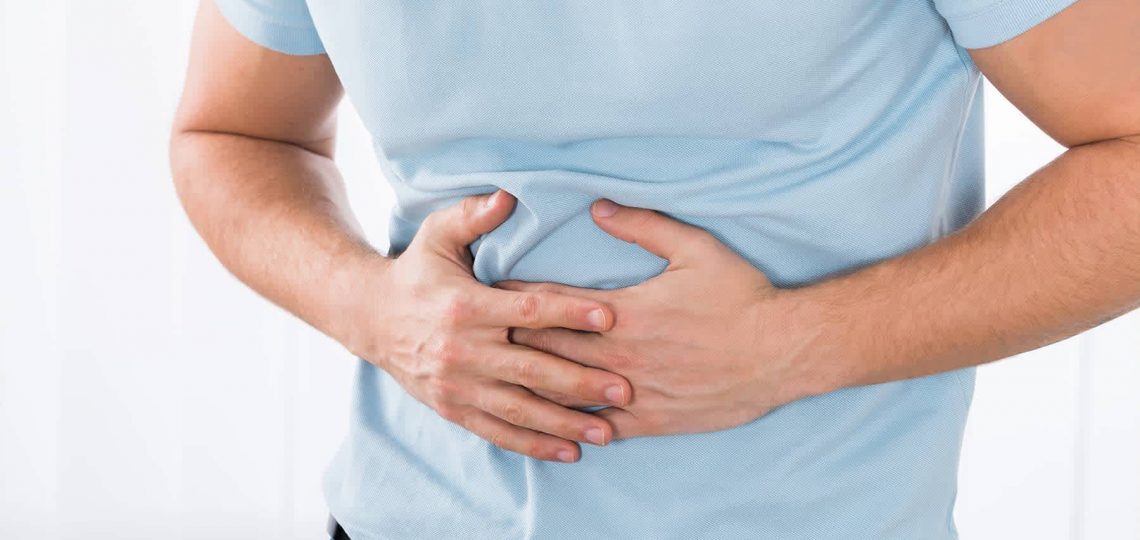Cancer is one of the leading health concerns affecting men today, yet many cases can be prevented or detected early with awareness, screening, and lifestyle changes. Understanding men’s unique risks and taking proactive steps can make a life-saving difference.
Common Cancers in Men
While men can develop any cancer, certain types are more prevalent in the male population. The most common include:
- Prostate Cancer – The most frequently diagnosed cancer in men, typically affecting those over 50. Early-stage prostate cancer often has no symptoms.
- Lung Cancer – Strongly linked to smoking and environmental toxins, lung cancer is one of the deadliest cancers for men.
- Colorectal Cancer – A cancer of the colon or rectum, often preventable through routine screenings like colonoscopies.
- Testicular Cancer – More common in younger men (ages 15–35), this cancer has a high survival rate when caught early.
- Skin Cancer (Melanoma) – Men are more likely than women to develop melanoma, especially on the back and shoulders, due to sun exposure.
Warning Signs to Watch
Early detection is key. Men should talk to their healthcare providers if they notice:
- Unexplained weight loss
- Persistent fatigue
- Changes in bathroom habits (bowel or bladder)
- Unusual lumps or swelling, particularly in the testicles or underarm area
- Skin changes or moles that evolve in shape or color
- Persistent cough or difficulty breathing
Why Men Delay Care
Many men delay seeing a doctor due to fear, stigma, or the belief that “it’s nothing serious.” Unfortunately, this can result in late-stage diagnosis and fewer treatment options.
Breaking the silence around men’s health is essential. Encouraging open conversations and regular check-ups can help shift this trend.
Prevention Tips for Men
- Get screened – Follow your provider’s guidelines for PSA (prostate), colonoscopy (colon), and skin checks.
- Quit smoking – Tobacco is a major risk factor for many cancers.
- Maintain a healthy weight – Obesity is linked to several cancers, including colorectal and prostate.
- Eat a balanced diet – Focus on vegetables, fruits, lean proteins, and whole grains.
- Exercise regularly – Aim for at least 150 minutes of moderate activity per week.
- Limit alcohol – Excessive drinking is a known cancer risk.
- Protect your skin – Use sunscreen and cover up during peak sun hours.
The Role of Functional Health
Functional health approaches can support cancer prevention and recovery by focusing on the whole person, body, mind, and lifestyle. This includes:
- Supporting detoxification and immune function through nutrition
- Reducing inflammation with an anti-inflammatory diet
- Managing stress through mindfulness and movement
- Promoting hormone balance naturally
Take Charge of Your Health
Cancer doesn’t have to be a death sentence. With awareness, prevention, and early detection, many men can reduce their risk and improve outcomes. Whether you’re booking your first screening or making lifestyle changes, every step counts.
Schedule your wellness check today. Early action saves lives.




